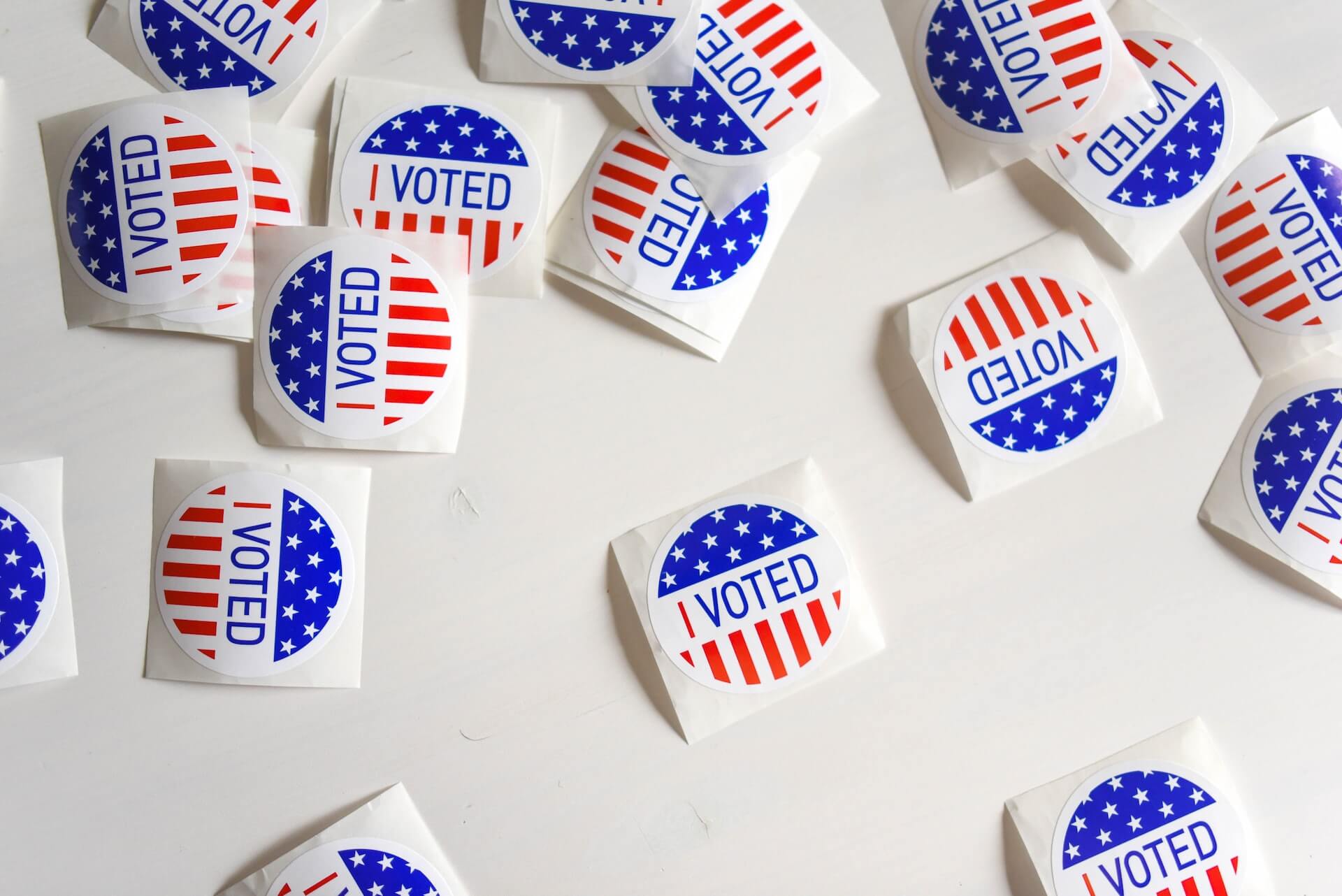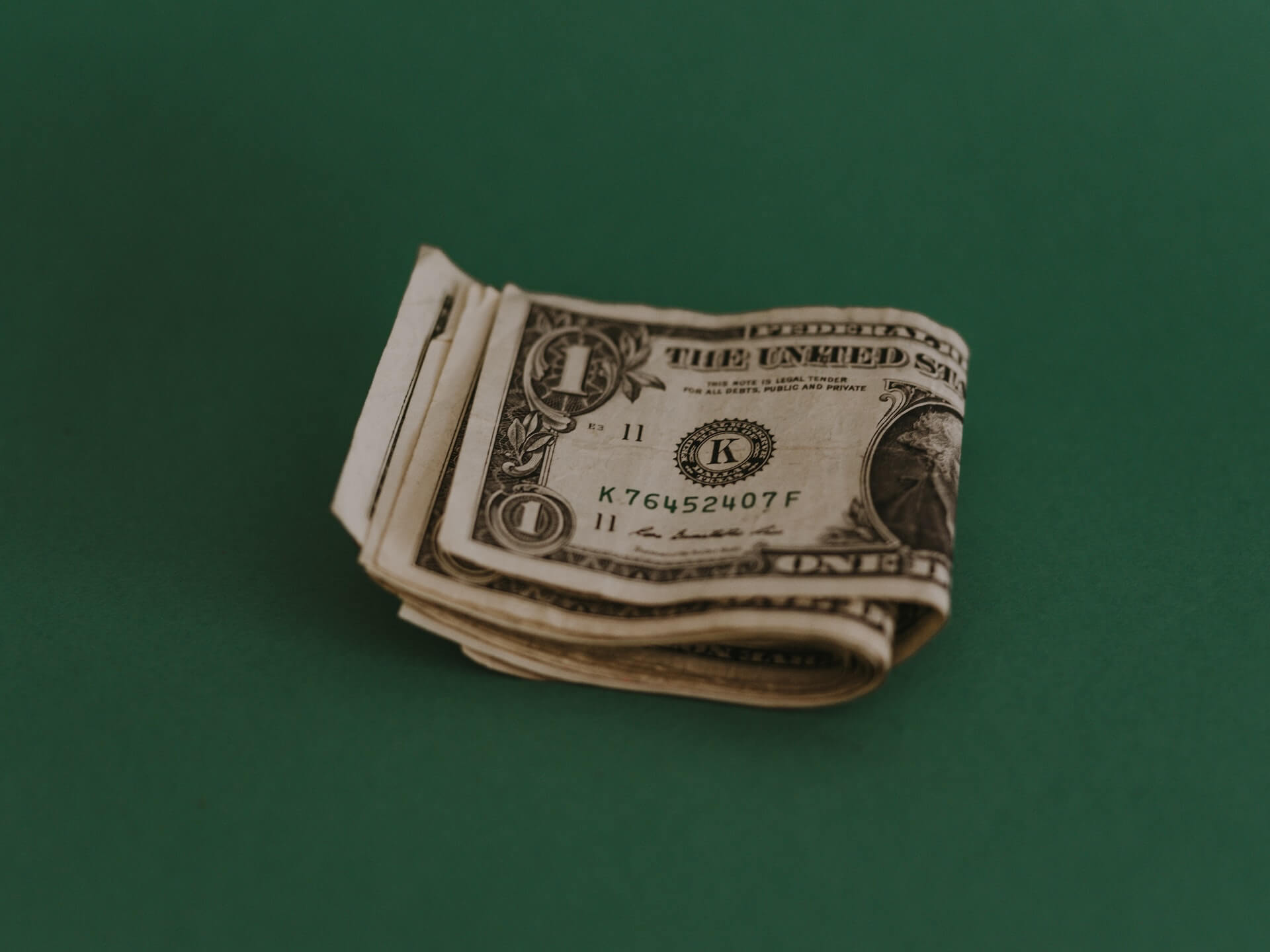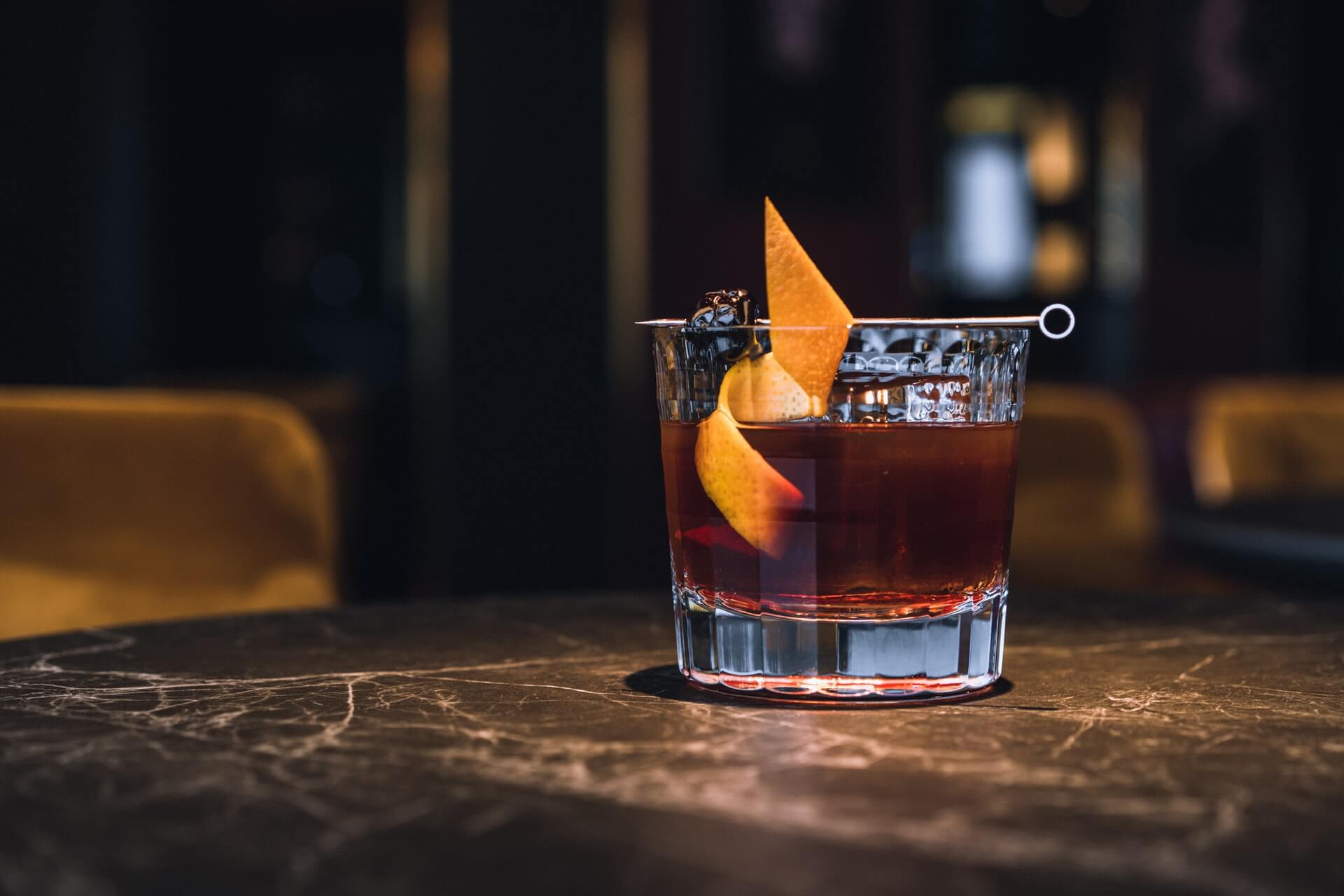Are You Rewarding Voters Today?
by David Klemt

Voting is one of the hallmarks of democracy, a right and privilege so crucial that one can’t overstate or exaggerate the value and importance.
It is, therefore, supremely unfortunate that access to this right has become so acrimoniously political. Of course voting relates to politics—that’s a given. That doesn’t mean the act itself should be disingenuously politicized for twisted means.
For example, far too many people have grown convinced that their vote means nothing. Further, it’s an outrage that voting is made so difficult for so many who know voting matters.
So important is this fundamental right, there are three amendments to the US Constitution protecting it specifically: the Fifteenth, Nineteenth, and Twenty-sixth.
Before going further, I’m not this passionate in support of only those who vote “my way.” I want every American of voting age to have easy access to cast their ballot. Equally as important to me, I want every American to feel like their vote means something.
Of course, that also means accepting results we don’t like. We don’t always get our way in a democracy, after all.
This is all to say the following: Operators can play a role in elections. A simple-yet-important role.
Encourage Voters
I’m not the first to say it: Restaurants and bars are the cornerstones of their communities.
Back in June, I expressed the role our industry plays across the country and globe: “Restaurants and bars are pillars, cornerstones of the communities they serve. These are businesses that welcome people in, treat them like family. They’re there for them as they move through their lives. People who were seemingly at odds with another routinely found common ground over a bite and a sip. More often than not, that’s still the case.”
I still believe this, and that’s why I believe operators can play a role on this Election Day, and those in the future. The role is simple but powerful: Encourage your community to get out there and vote.
Now, one clear way to motivate your community to get out there today is to reward those wearing “I Voted” stickers when they visit your restaurant or bar. It’s commonplace now for operators to offer voters food and drink discounts, free menu items, or other perks on Election Day.
Restaurants and bars around the country routinely execute this type of promotion. From free sides and snacks to discounts on entrees and drinks, operators throughout the US find ways to encourage voting.
Proceed with Caution
Just keep something in mind: Legal scholars say that when federal candidates are on the ballot, such promotions are illegal.
The interpretation of a particular federal statute makes it illegal to pay people to vote. “Paying” includes providing something of value in exchange for voting, such as food or a drink.
One workaround is to ensure anyone who enters your business can participate in your promotion. No “I Voted” sticker? No problem. A guest says they haven’t voted? Not a disqualification.
Another solution is to simply encourage your social media followers to vote and come by for a visit. No reward, necessarily, just encouragement to exercise their right.
In other words, be the supporter and motivator your community needs. And be careful about any promotions you may be offering today.
Image: Element5 Digital on Unsplash



